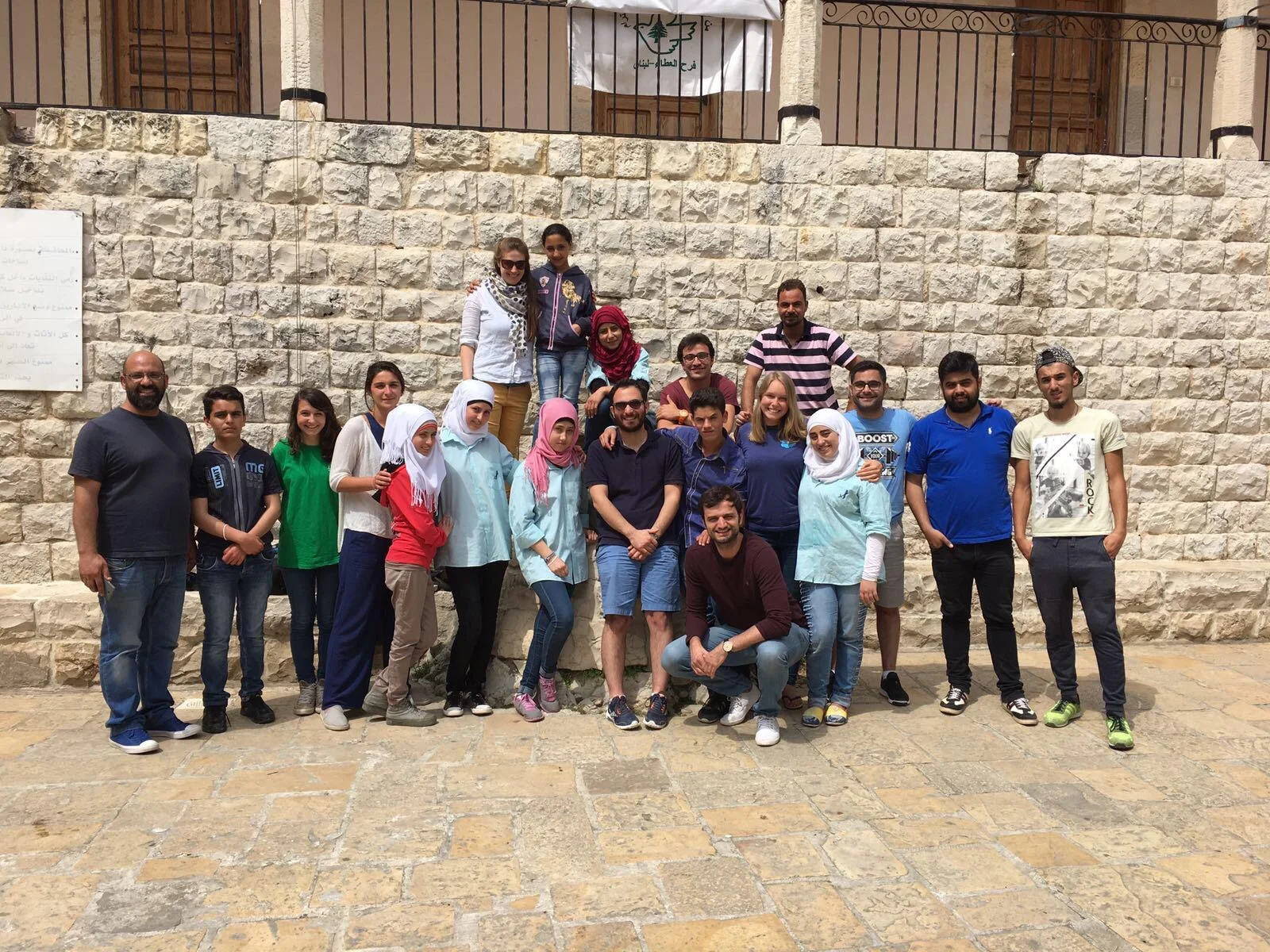Beginner's Mind
Long-Term Thinking
A.k.a. No name, no passport, no rights.
At first, I was not sure if I should write about this experience. From where I am from, the conventional thinking is to do good but don’t talk about it. One reason might be that volunteering is omnipresent in Germany, the whole society wouldn’t work without it. I played football for 20 years and guess what? All my incredible coaches weren’t paid a dime to spend their weekends and holidays with us. I’ll be forever grateful for that.
The challenge with this way of thinking though is that no one tells stories that inspire others to take action or at least become aware of an issue. I’ve had numerous occasions where I came across a friend’s great initiative only by coincidence. We are too concerned about what other people think of us. Maybe one person reading this will get inspired to do something for others, and it was all worth it.
Lebanon is a fascinating country. Where East Meets West. As of 2016, about six million Lebanese hosted 1.5 million Syrian refugees, more than Europe with its 500 million people altogether. This doesn’t even include the one million Palestinians living in Lebanon, some of them live in a separate area in Beirut with their own law enforcement.
At Offrejoie we saw children playing and smiling like “normal” kids. They seem fine until you hear the stories of their time in Syria. One had numerous eye surgeries because of an explosion. Others heard bombs dropping while being in school and a kid’s father hasn’t seen his parents in the last six years. Horrible stories. I remember them vividly.
The first one is about human rights.
Meet Alex, a 21 old volunteer:
Me: What do you do at Offrejoie?
Alex: Teaching children all things computer. This is my side job. I work in a computer company close by.
Me: Cool, did you study this subject for a long time?
Alex: Yes, but not formally. Everything I know, I’ve taught myself including English. I left school a long time ago.
Me: That’s cool, but I guess your parents weren’t delighted about you leaving school.
Alex: I’ve never met my parents.
Me: Never?
Alex: No, I don’t know my real name and my date of birth. They gave me away. This is also the reason why I don’t have an ID.
Me: Hold on, you don’t have an ID. So how do you identify yourself?
Alex: I can’t. That is why I am happy to be here. When the police catch me, I tell them to call the school, so they know that I am with them. Before I lived here, they locked me up in prison several times without trial.
Me: You spent time in prison?
Alex: Yes, I am undocumented and spent two years from the age of 16 to 18. The hygiene is awful, prisons are overcrowded here. And because I have no ID, I can’t leave the country.
I didn’t know what to say...
The second story is about pain.
Every afternoon after school, the children get brought home by a minibus. On our last day, the boys and girls wanted to show us their homes. Because every family offered us food and tea, it took us in total five hours until we were back. While a mother told us about her time in Syria, she stuttered and burst into tears. They understandably want their old life back.
Another family was in the process of applying for refuge in the UK. They had their fourth and last interview with a government official. They don’t know anyone over there and don’t want to leave but have no other option.
All these stories compelled me to share their story. So next time you are annoyed because the new iOS isn’t upgrading as mine today, remember that these are all champagne problems.
Even if I am not with the company anymore, I do like the idea a lot and consider it worth spreading. Think about it. Is 1% too much?
